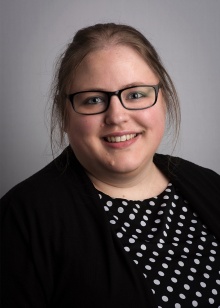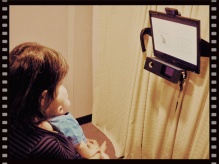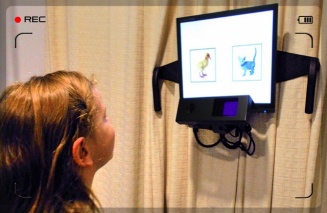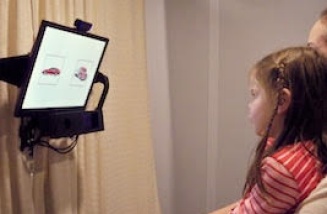Buffalo Babylab

Professor Marieke Van Heugten
In most parts of the world, children grow up in linguistically diverse communities where individuals differ tremendously in the way they speak. As a result, having routine exposure to more than just a single variant of the native language, whether at home or when out and about, is the norm rather than the exception during early language acquisition. In order to develop mature communication skills, children must thus learn to deal with all of these different speaking styles they encounter. This is not a trivial task, especially for young children whose cognitive and linguistic capacities are far from mature. Yet, children seem to rapidly overcome this hurdle. They develop their native language with incredible speed and learn to converse with a wide range of people long before they reach the preschool period.

Broadly speaking, Assistant Professor Marieke Van Heugten’s research program examines how children accomplish this. How do infants and toddlers learn to recognize words in the face of this linguistic variability? How do they cope with speakers they have never heard before? And what inferences do preschoolers make about others who use a different or unfamiliar language variant? To address these questions, infants, toddlers, and preschoolers (as well as their parents) are invited to visit the Buffalo Babylab, where they participate in short, game-like procedures that are designed to be fun for children, yet inform researchers of the important milestones in children’s early language and cognitive development. Ultimately, this work aims to provide a better understanding of children’s early verbal communication in our multicultural society.

